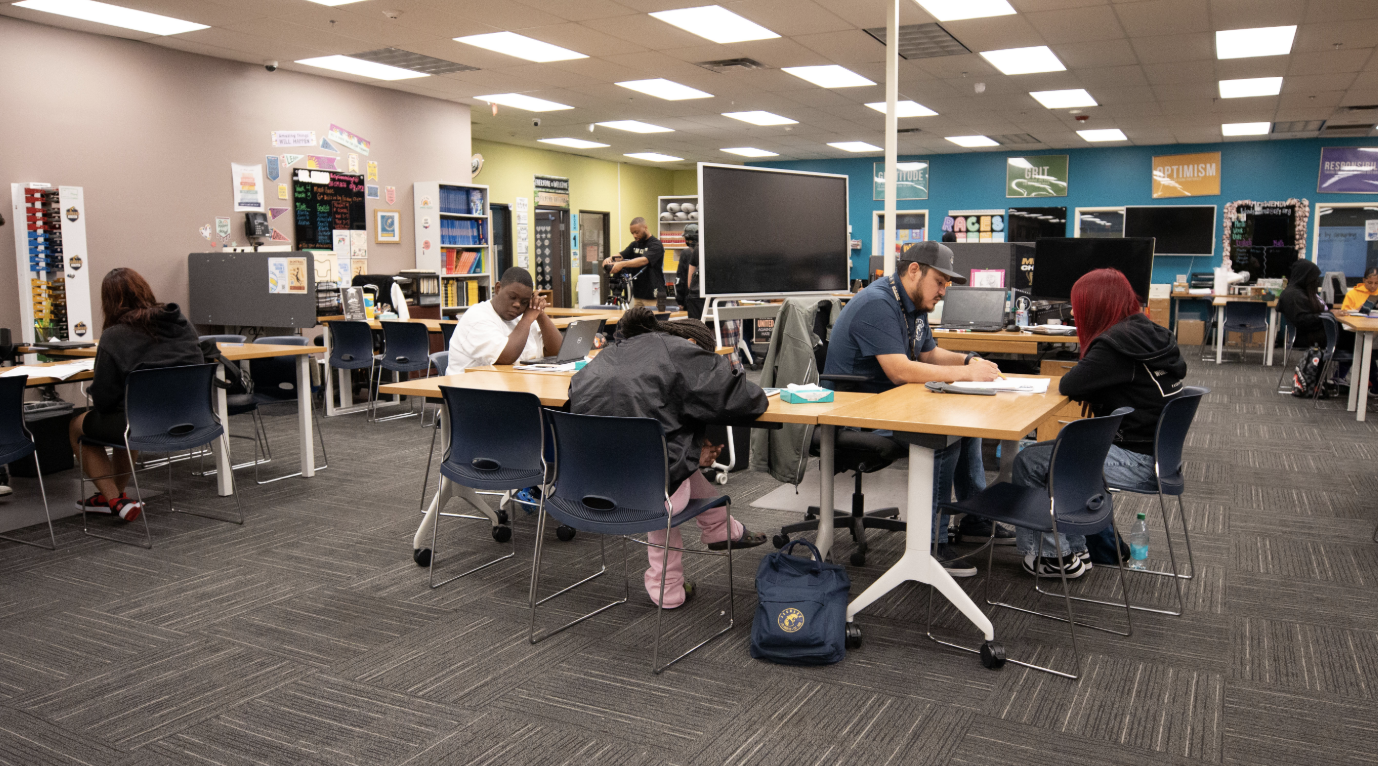What is Flexible Education?

Education isn’t one-size-fits-all.
Every student has unique needs, goals, and challenges, which is why traditional school models don’t always work for everyone. That’s where flexible education comes in. It adapts to students' individual circumstances, allowing them to take control of their learning journey.
For high school students—especially those balancing jobs, family responsibilities, or other commitments—flexible education offers an alternative path to success. In this post, we’ll define flexible education, explore why it matters, and highlight how Options For Youth (OFY) is making a difference with its student-centered approach.
What is Flexible Education?
Flexible education is a learning model designed to adapt to students' schedules, learning styles, and personal goals. It provides a customized approach that allows students to progress at their own pace while receiving the necessary support from educators. Unlike traditional school settings with rigid schedules and standardized coursework, flexible education allows for more personalized learning experiences that cater to different needs.

At its core, flexible education includes several key components:
- Customized Schedules: Students have the ability to choose when and how they learn. This means they can attend classes in-person, online, or through a hybrid model, allowing them to fit education into their daily lives.
- Self-Paced Learning: Students move through coursework at a speed that suits them best, whether they need more time to grasp concepts or wish to accelerate their studies.
- Alternative Learning Environments: Learning is not confined to a traditional classroom. Students can engage in independent study, online coursework, experiential learning, or work-based education programs.
- Personalized Learning Plans: Each student follows an individualized education plan tailored to their academic goals, whether they aim to graduate on time, recover lost credits, prepare for college, or develop career-ready skills.

- Small Class Sizes and One-on-One Support: More direct access to teachers and counselors ensures students receive the guidance and assistance they need to thrive.
- Credit Enrichment & Recovery: Students can catch up on missed credits, get ahead in their coursework, or explore new subjects through enrichment—all at their own pace. Year-round credit enrichment opportunities allow students to take extra courses, strengthen their academic foundation, and stay on track for graduation.
Flexible education provides opportunities for students to take control of their learning experience in a way that suits their unique needs and aspirations.
.png?width=1080&height=333&name=OFY-Logo-Horizontal-(color).png)
